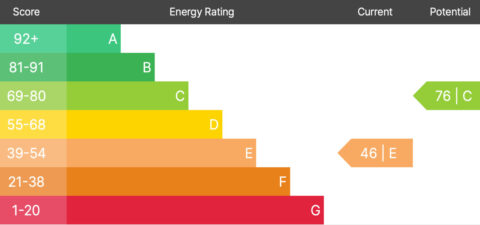Any reduction in energy usage has benefits for the environment and profitability. At sust-it we offer a paid for service to any organisation, small or large, which benchmarks your current office equipment efficiency and CO2 emissions, and offers advice on alternatives that could reduce your emissions.
How does this work?
You provide us with information on your current equipment (or we carry out on-site surveys for you) we then query our database to calculate your electricity usage and CO2 emissions – over any given time period. We then produce an Energy Usage Report and Action Plan highlighting where potential or planned upgrades of equipment, and changes in working practices, could have major benefits in reducing your organisations environmental impact.
Benchmarking
Accurate reporting and demonstrated reductions of energy usage have major benefits for carbon footprint reduction for public disclosures, these include:
- Corporate and social responsibility (CSR) or marketing purposes
- Clarification of your green credentials for business clients, retail customers, or from investors
- Help when calculating the level of emissions to offset in order to become ‘carbon neutral’.
Plus
- Reduction in operating costs
- Why buy sustainably? Example of savings
For more information on this service please call us on 01242 808071 or use our contact form here.









